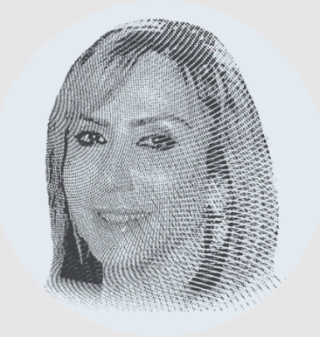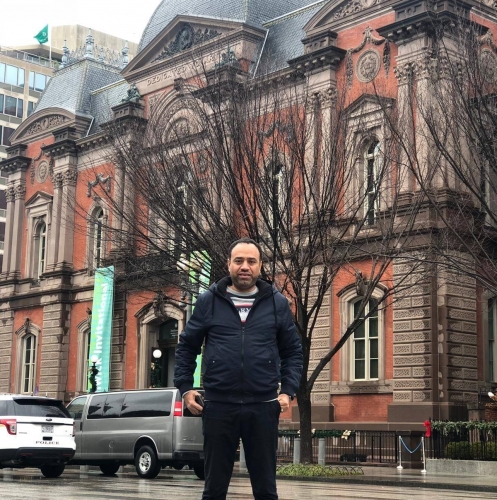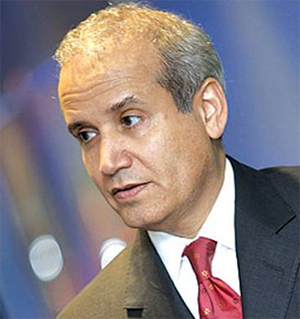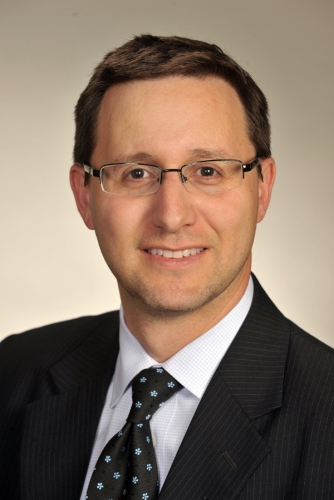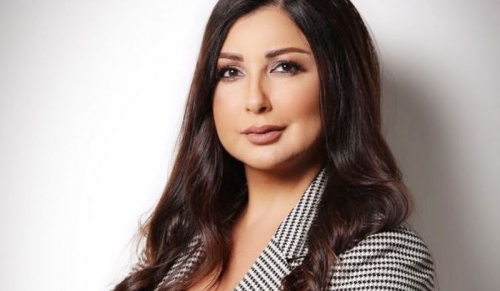François Bayrou, Emmanuel Macron's centrist ally and France's new PM
French President Emmanuel Macron appointed François Bayrou as prime minister on Friday, tasking the veteran centrist with leading the country out of its second major political crisis in the past six months. Bayrou will be the sixth prime minister of Macron's presidency after Michel Barnier and his government fell to a historic vote of no-confidence last week.
François Bayrou, one of few political heavyweights to have stood by French President Emmanuel Macron since he came to power in 2017, now faces his biggest challenge after finally being promoted to prime minister.
Bayrou, 73, heads the liberal Democratic Movement (MoDem) party that is allied to, but not part of, Macron's centrist force and has supported the president ever since his victorious 2017 election campaign.
"He is not someone who has been plucked from obscurity," Andrew Smith, director of Liberal Arts at Queen Mary University of London told FRANCE 24. "He is one of the long-time, foundational Macron supporters who created this space for the centre, realising that dream back in 2017."
Three times a presidential candidate himself, in 2002, 2007 and 2012, and long cited as an obvious choice for Macron as head of government, he finally has his chance.
Bayrou was acquitted in February after a seven-year-long case over the fraudulent employment of parliamentary assistants by his party, the judge ruling that he was owed the "benefit of the doubt".
Bayrou was named justice minister by Macron when he took the presidency in 2017.
He resigned the same year when the legal case was opened against him, but remained a key behind-the-scenes ally. His acquittal opened up a potential return to government.
He was regarded as the most likely candidate by commentators, even though his acquittal is still subject to an appeal by prosecutors.
Bayrou will have to navigate a tricky course as the sixth prime minister of Macron's presidency after parliament toppled Michel Barnier on December 4.
"This is very much going to be about trying to build some kind of government of compromise," said Smith. "France has gone without a government for over 100 days this year so far. This is really a moment when something needs to change."
He said that Bayrou will have to act fast to address France’s towering debt and widening deficit.
“One of the things he can probably do is push for more taxation," he said. "That may be a way to win the left vote. He might revisit pensions but I just can’t see it. It is such a titanic reform that Macron sees as having been achieved, and that’s one of the reasons he hasn’t gone to the left to look for a prime minister."
Each successive premier has served for a shorter period than their predecessor and, given the composition of the National Assembly lower house, there is no guarantee that Barnier's successor will last any longer than the three months that the right-winger was in office.
'He hates him'
Socialist Party leader Olivier Faure, whose forces could prove useful for Macron in ensuring the stability of the next government, said on Wednesday he opposed naming Bayrou as he would embody "continuity".
Bayrou will also have to navigate hostility from the still-influential former right-wing French president Nicolas Sarkozy.
According to one source, "the priority for Sarko is anyone but Bayrou".
Sarkozy, who still holds sway on the right despite criminal convictions since leaving office, even held talks with Macron at the Elysee on Sunday to make clear his feelings, a ministerial source, asking not to be named, told AFP.
"He hates him," another source on the right added, saying Sarkozy's hostility towards Bayrou dates back to his support for Socialist François Hollande in the run-off of the 2012 presidential elections after he was eliminated in the first round.
"He (Sarkozy) is totally off the leash on the subject," added a pro-Macron lawmaker.
Bayrou has enjoyed a long and varied political career, which has seen him work with former right-wing presidents Valery Giscard d'Estaing and Jacques Chirac before backing Hollande in 2012.
Mayor of the southwestern city of Pau, Bayrou is a practising Catholic but also a staunch supporter of France's secular system.
He gained notoriety during the 2002 presidential campaign when he slapped on the face a child who tried to pick his pocket.
He won less than seven percent of the vote and was eliminated in the first round.
The father of six children, Bayrou is also the author of a biography of the 16th- and 17th-century French king Henry IV.

